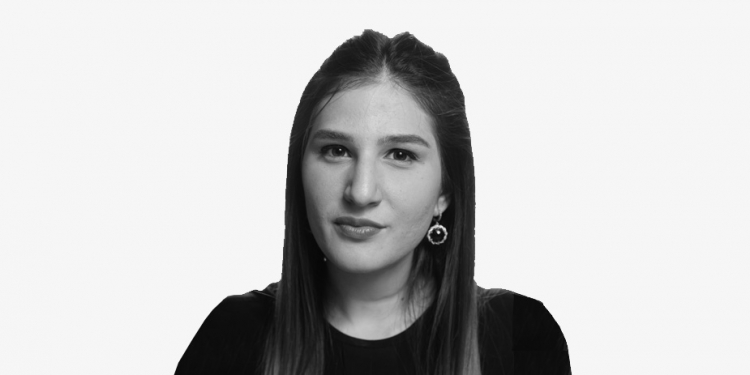Better health is pivotal to human happiness and well-being. A good healthcare system also contributes to economic progress, since healthy populations live longer and are happier. Proper healthcare is a part of life that many consider to be a basic right.However, not all people around the world have access to it.
In 2013, the newly elected Georgian government initiated the Universal Health Coverage Program for the entire population, which previously was not covered by private insurance schemes. The launch of the universal health care program led to universal access to medical services in the country and their use increased significantly. This was a significant change from a targeted to a universal approach. As mentioned in an article by T. Verulava, the goals of the Universal Health Coverage Program are: to increase geographic and financial access to primary health care; to rationalize expensive and high-tech hospital services by increasing PHC utilization; and to increase financial access to urgent hospital and outpatient services.
For the first time in the history of the country the state program extends to citizens of the country, as well as holders of neutral identification cards/neutral travel documents and individuals without citizenship status. In addition, in 2015 a program aiming to eliminateHepatitis C has started in Georgia. Any citizen of Georgia with hepatitis C without any additional criterion can benefit from the state program despite the gravity of the disease, they are entitled to receive the latest generation of hepatitis C medications free of charge.
It is interesting, if these changes in the healthcare reforms have affected public attitudes of citizens towards the healthcare system in Georgia. The European Values Study (EVS), a large multinational survey research program that has been studying basic human values for almost 40 years, has asked several questions regarding attitudes towards healthcare system. GORBI has been part of the project since 2008 and is the data provider for Georgia and Azerbaijan for the most recent year.
57% of the population had a great deal or quite a lot of confidence in the health care system in 2008, which was slightly below the average for 16 countries surveyed by EVS. As of 2017, 69% of Georgians reported to have confidence in the healthcare system, which is not only 12% increase in confidence in this system from 2008. But this statistics also puts Georgian’s confidence in healthcare system at 10% above the average confidence of 16 countries surveyed by EVS. Fondness with reforms of the healthcare system in Georgia was also revealed in qualitative survey performed by GORBI in September, 2018, where reforms in the healthcare system were perceived as one of the main improvements in country’s direction.
Graph 1. People that have a great deal or quite a lot of confidence in the healthcare system (%)

Source:European Value Study, 2008-2017
It is interesting to note that there is no significant difference by age categories in Georgia. Younger ones as well as elderly ones, have similar level of confidence in the healthcare system.
In spite of the significant increase in healthcare expenditures in recent years, between countries in the European region, Georgia is still in one of the last places among European countries by the spending on healthcare as well as on total healthcare expenditures (2015 – 36%) also by GDP (2014- 2.9%) and by state budget allocation (2015 – 8.6%). As mentioned in the Vision for Georgian healthcare system for 2030, the definition of primary health care, model of organizational arrangement and regulatory environment, weak feedback between primary healthcare providers and hospital establishments, fragmentation of services, early detection and management of diseases remain the most important challenge. In addition, price for the medication still remains high for average Georgian citizen.
GORBI is an exclusive member of the Gallup International research network and has more than two decades of experience in survey research (gorbi.com)





























Discussion about this post